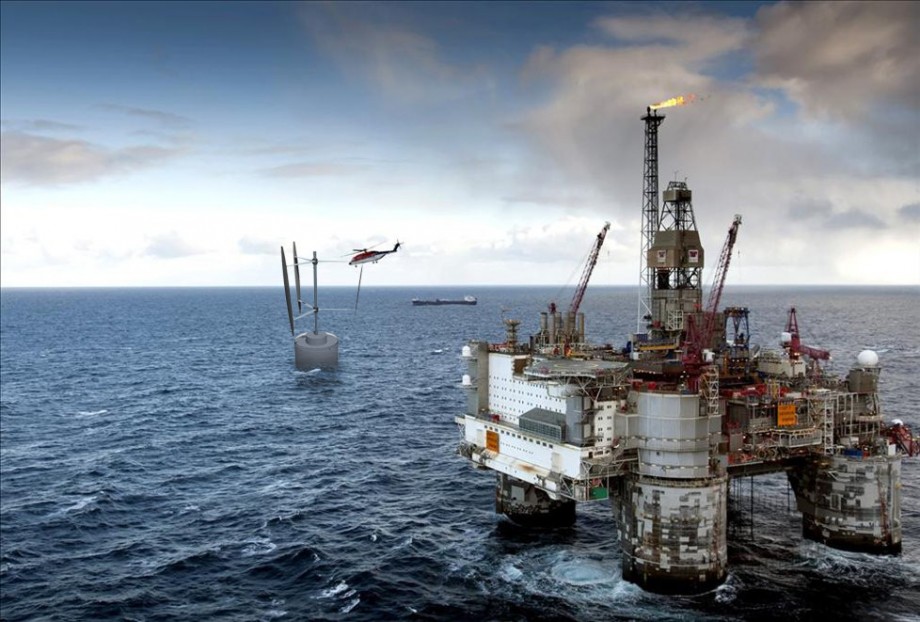From 27.-31. July over 500 students from 142 institutions and 53 countries participated in the international summer school “Offshore Field Development” via screen.

The summer school is a collaboration between Gubkin University in Moscow and the University of Stavanger, with support from the Norwegian Agency for International Cooperation, Directorate for Internationalization and Quality Development in Higher Education (Diku). The program included digitization of oil and gas production, offshore wind turbines and the use of artificial intelligence.
One of the students at the summer school was Andrey Grodzinskiy, who is starting his final year of a master's degree in petroleum technology. He benefited greatly from the academic program.
– For me, the most exciting parts were related to wind power and gas storage due to the upcoming work on my master's thesis, says Andrey.
He thought the digital solution worked well, and would like to participate again if a new, digital school is arranged.
– I think that online education is the best option, considering the situation we are in with the coronavirus, Andrey says.
Associate Professor Lin Li also had a good experience of the event.
– It went well to arrange the summer school digitally. Instead of canceling the summer school, we made a digital version this time. Next year we hope we can gather physically again in Moscow, says Lin Li.
The advantage of a digital summer school is to be able to reach many students at the same time. However, the disadvantage is that it is difficult to arrange group work and a challenge to create a good interaction with the students.
430 students passed the digital exam and receive a diploma from Gubkin University. More than 60 students from the Faculty of Science and Technology at University of Stavanger were enrolled, and four lecturers from University of Stavanger and Department of Mechanical and Structural Engineering and Material Science participated. Prof. Muk Chen Ong, Prof. Emeritus Ove Tobias Gudmestad, Prof. Emeritus Arnfinn Nergaard and Associate Professor Lin Li.
Published on 26.08.2020.